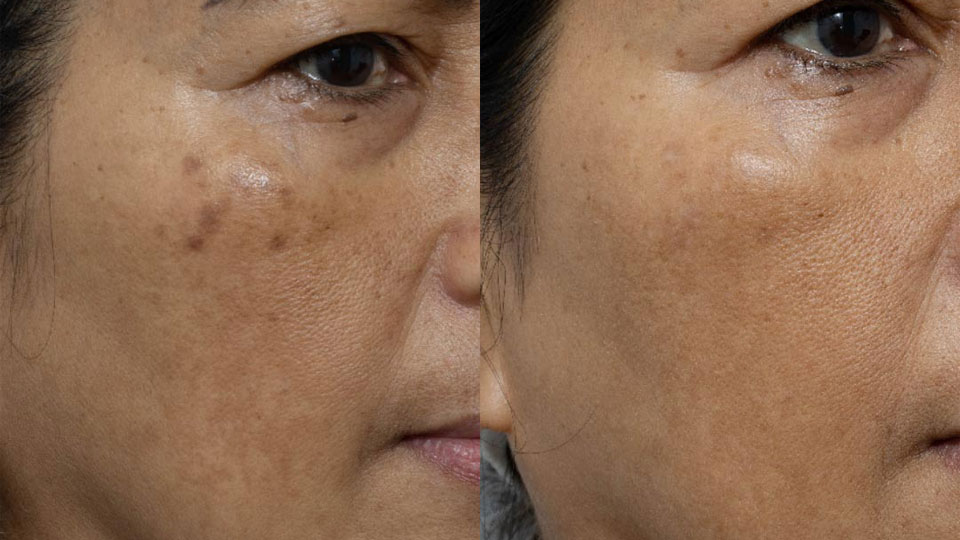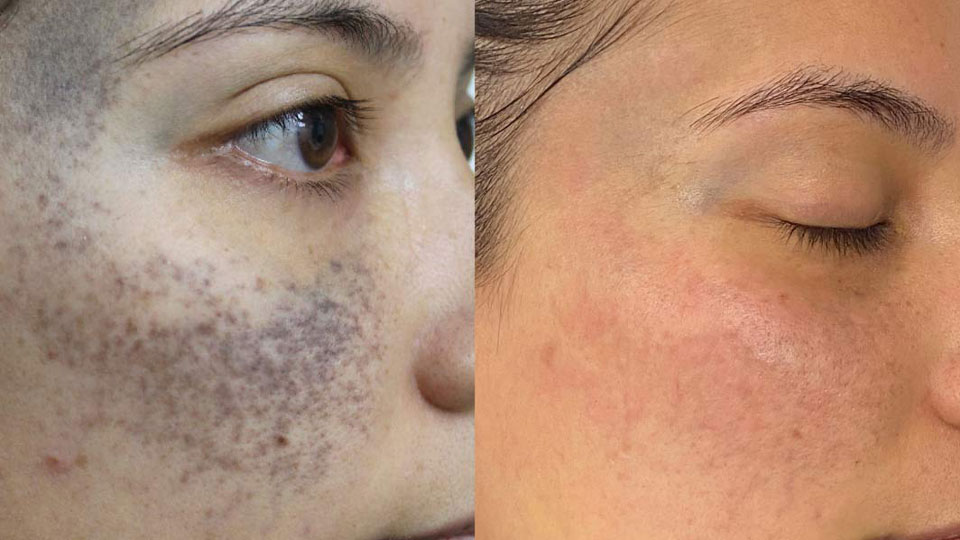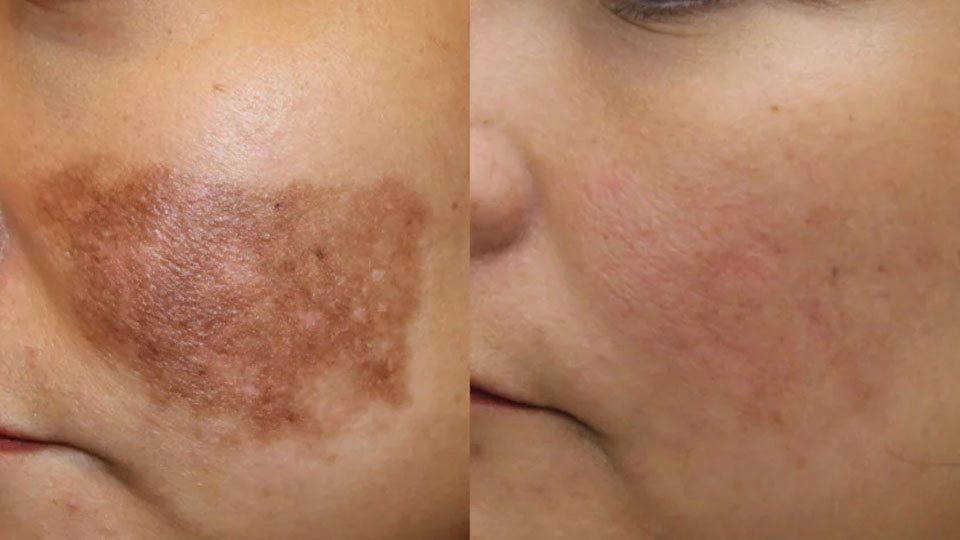Join 1000s Who Trust DermOnDemand
One fixed cost to cover all your melasma needs for the year. See pricing details here.


“My dark patches have faded significantly, and my skin looks much clearer now.”
Sarah

“I struggled with melasma for years, but this treatment finally made a real difference.”
Jessica

“My complexion looks more even, and I feel confident going makeup-free.”
Lauren

“The pigmentation has lightened so much — my skin finally feels balanced again.”
Amanda

“I’ve seen steady improvement, and the results look very natural.”
Nicole

Quickly share your skin concerns by answering a few questions and uploading photos—it takes just 5 minutes.

Our dermatology team will carefully review your information, diagnose your condition, and create a tailored plan within 24 hours.

Your customized plan will be sent directly to you, and prescriptions (if needed) will go straight to your pharmacy.